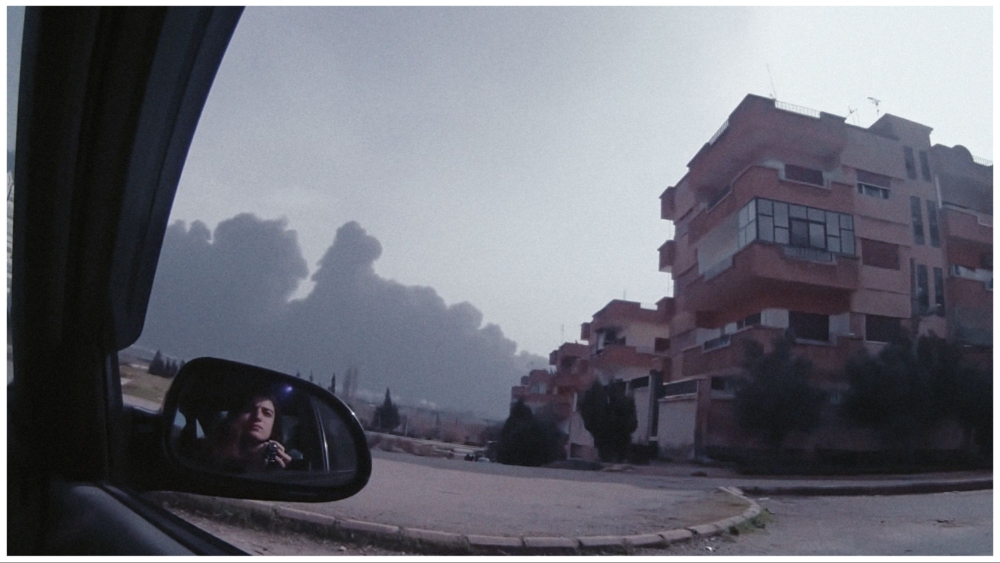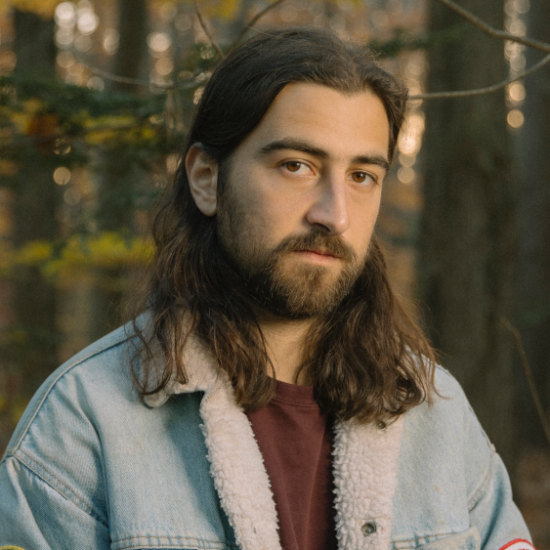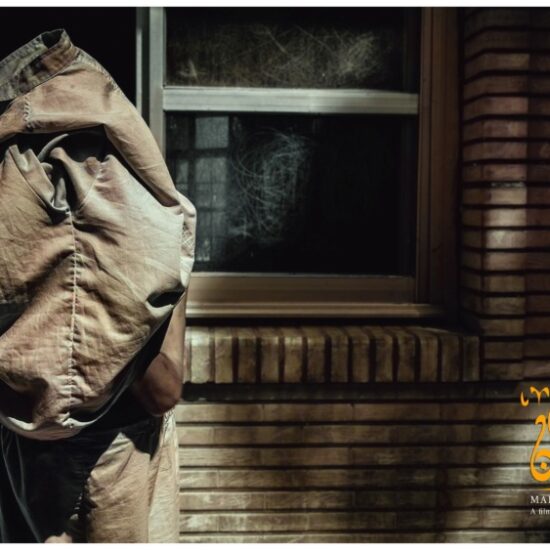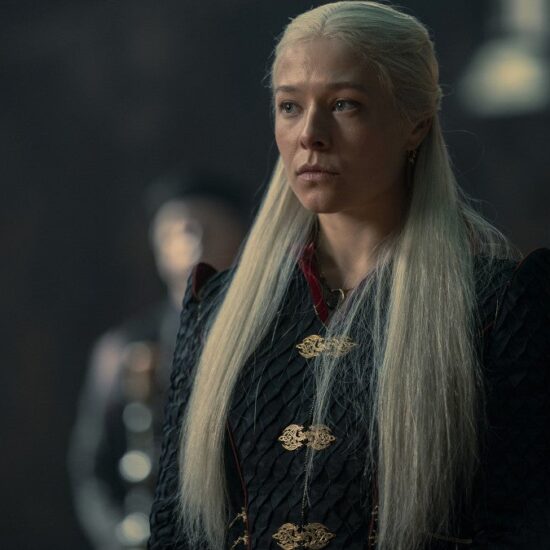
In her debut film, exec produced by Oscar winner Laura Poitras (“Citizenfour”), Syrian activist-journalist Lina chronicles the real-time transition from peaceful revolution, ushered in by the Arab Spring more than a decade ago, to civil war in Syria. The film plays in the Newcomers Competition at the Thessaloniki Intl. Documentary Festival.
At first, Lina thought she would document the women’s involvement in the Syrian uprising. “I was thinking that despite how much women are involved in every aspect of what is happening, once everything is over, somehow, we’re going to slip through the cracks and disappear from the story. So, I decided it was best to start documenting what we do as we do it, to make sure that memories were not erased. But as things progressed, and took unexpected turns, I had more and more reasons to keep making the film. And, some of the reasons changed because, as I was making it, I felt that documenting the role of women isn’t exactly an objective for the film. It’s just part of the texture of the film. I don’t need to aim for it anymore. It’s there.”
It was an experience that ended in both physical and psychological destruction, but Lina and her friends found ways to cope. “We did gain some experience on how to try and remain sane. We each found different paths. I discovered that, for instance, a runner’s high is a fact of life. I started running a lot more than I did. I didn’t use to run before. But for me sports were very therapeutic. Rima, for instance, found her therapy in yoga and meditation. Susu always just ends up doing more work. There is always, I guess, a depth with which we can speak to each other, that we can’t really with people that didn’t share the experience with us. And so, it’s really supportive to be able to talk to each other.”
Lina not only used several aliases and the Tor Project during the experience, but she also resorted to the deepfake technology in order to ensure her and her friends’ safety. “The inspiration for the aliases came from the Tor Project. It’s a project to help people surf the internet without being censored by regimes such as the Syrian regime. What they did is that they created a software that is constantly changing IP addresses. So, instead of switching your address from Syria to Holland, it would switch it to Holland, then to Japan, then to the U.S., then to Argentina and it would keep going in circles. And so, at one point, whoever’s trying to chase you will give up because you will never stop changing. And, from there, I got the inspiration for the multiple pseudonym game because it was already common practice at the time.”
Lina hopes that the film will help people going through similar experiences have an idea of what it is like and be a few steps ahead. “At the beginning, you’re just functioning on your adrenaline and you have no idea what’s going to happen next week. So, I guess I wanted to share this experience to help people understand a bit more how these kinds of things happen because you watch things about the war on TV and you say, ‘Oh, this is so horrific, this is unimaginable. I cannot imagine what it would be like to live through that’ or ‘Would I be able to survive something like this?’ And, that is something the film attempts to answer. To show the gradual, everyday collapse; how it happens, how you descend from normal life to this horrific chaos.”
Lina admits the experience changed her perspective on journalism. “Of course, it changed my perspective on journalism. It changed also people’s perspective on journalism. I think up until probably before Russia invaded Ukraine, the Syrian revolution and civil war were the best documented conflicts in human history. Part of the reason for that, obviously, was the development of the technology that had become so accessible. And yet, that didn’t really help.”
The producers are Diana El Jeiroudi and Orwa Nyrabia for No Nation Films, Torstein Grude for Piraya Films, Ilja Roomans for Docmakers, and Laura Poitras.













